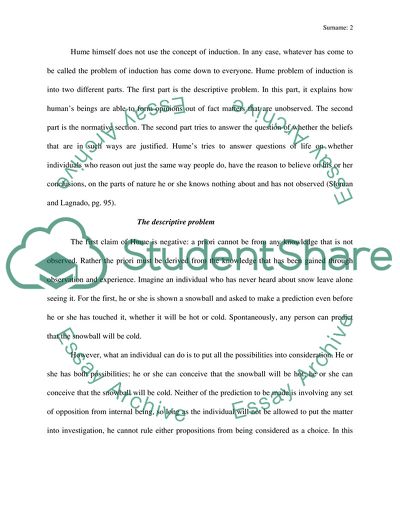Cite this document
(Objective Causal Connections and Criticism of Rationality Essay Example | Topics and Well Written Essays - 2250 words, n.d.)
Objective Causal Connections and Criticism of Rationality Essay Example | Topics and Well Written Essays - 2250 words. https://studentshare.org/philosophy/1661853-objective-causal-connectionsand-criticism-of-rationality
Objective Causal Connections and Criticism of Rationality Essay Example | Topics and Well Written Essays - 2250 words. https://studentshare.org/philosophy/1661853-objective-causal-connectionsand-criticism-of-rationality
(Objective Causal Connections and Criticism of Rationality Essay Example | Topics and Well Written Essays - 2250 Words)
Objective Causal Connections and Criticism of Rationality Essay Example | Topics and Well Written Essays - 2250 Words. https://studentshare.org/philosophy/1661853-objective-causal-connectionsand-criticism-of-rationality.
Objective Causal Connections and Criticism of Rationality Essay Example | Topics and Well Written Essays - 2250 Words. https://studentshare.org/philosophy/1661853-objective-causal-connectionsand-criticism-of-rationality.
“Objective Causal Connections and Criticism of Rationality Essay Example | Topics and Well Written Essays - 2250 Words”. https://studentshare.org/philosophy/1661853-objective-causal-connectionsand-criticism-of-rationality.


